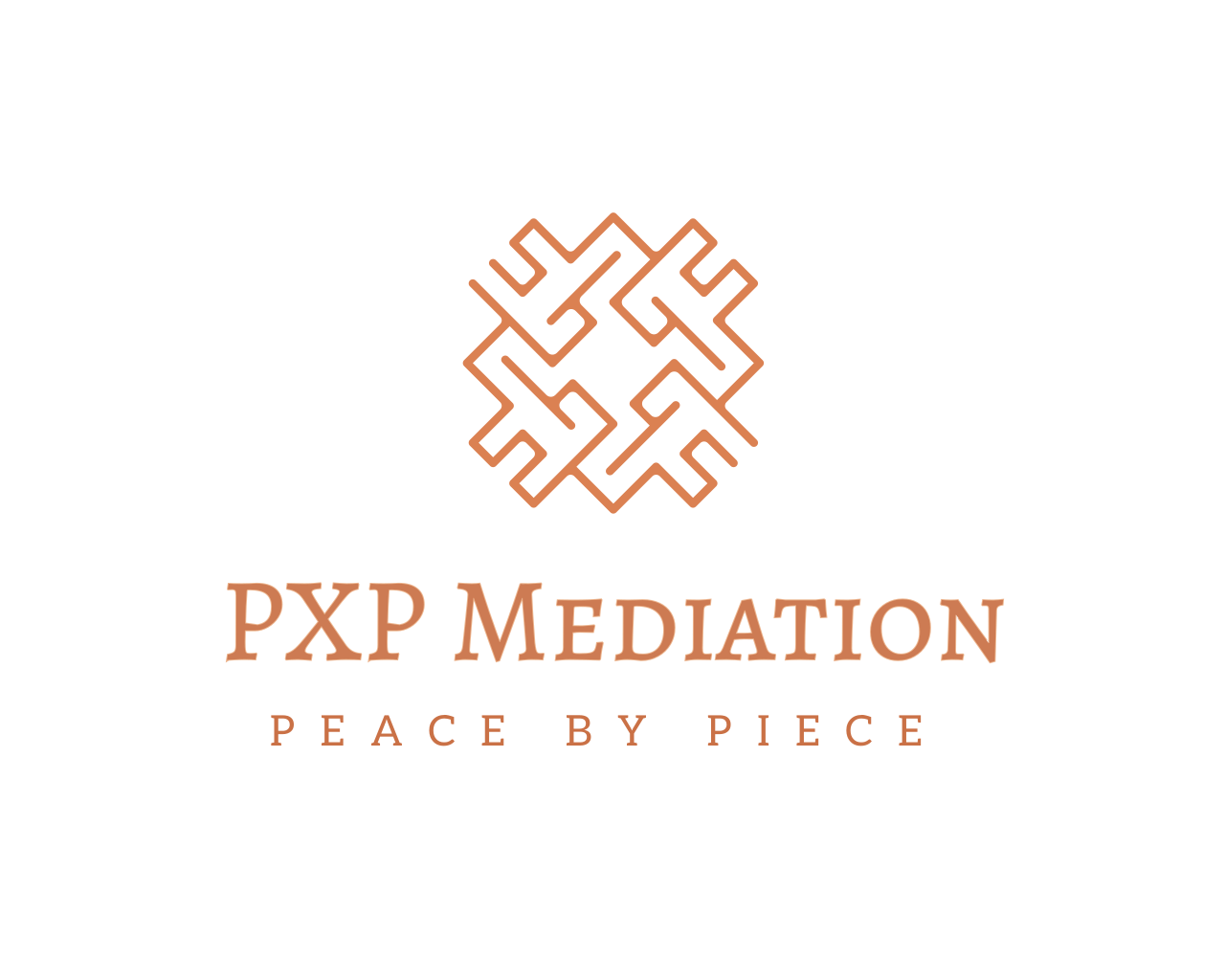
DIVORCE MEDIATION
Using divorce mediation, you and your spouse are able to make your own decisions about your future, reduce the emotional and financial costs of divorce, and avoid the courtroom. In mediation, you and your spouse will work with me to navigate issues such as spousal and child support, division of marital assets and parenting schedules.
As a divorce mediator, I am an unbiased neutral party and I will facilitate communication and discussion between you and your spouse about the division of marital assets and debts, the payment of financial support and shared parenting responsibilities. Unlike litigation, with divorce mediation, no court appearances are required. In a litigated divorce, the judge makes the decisions for you and you are bound by the judge’s orders. In divorce mediation, you and your spouse control the decision-making process; instead of putting decisions about your future in a judge’s hands, you control the process and have the power to accept, reject or negotiate the terms in the settlement agreement. Using divorce mediation, you and your spouse can work cooperatively with each other, and end your marriage without the high emotional and financial costs of going to court. You retain the power and control to create a unique, individualized, fair and consensual agreement about your future.
The divorce mediation process begins when you and your spouse jointly retain me as a neutral third party. I will be mindful of your needs and concerns, and I will guide you and your spouse through the issues that need to be resolved. Typically the issues discussed relate to spousal and child support, division of assets and debts and parenting time. During the mediation, I will facilitate discussion, problem-solving, negotiation and resolution of important issues; and I will help you and your spouse craft a mutually agreed upon divorce settlement agreement.
Often the mediation process takes three to five 1 - 2 hour sessions. The time involved in divorce mediation depends on the level of cooperation you and your spouse share, including your ability to communicate, listen, and work together to reach agreement. Because I am not a legal or financial advisor, nor am I a therapist in the context of mediation, I recommend that you and your spouse consult with an attorney, CPA or any other professional for guidance about the terms included in the final settlement agreement. For cases filed in Los Angeles or Ventura Counties, the mediation process includes executing and filing all documents necessary for initiating and finalizing the divorce.
Divorce mediation is voluntary and requires open-mindedness and flexibility. Divorce mediation can be an effective, lower costing and advantageous approach to divorce that allows you and your spouse to decide your future and keeps private family business out of the courtroom. Divorce mediation promotes less conflict and healthier post-divorce relationships. In addition, children do much better when parents use divorce mediation to create a personalized settlement agreement.
